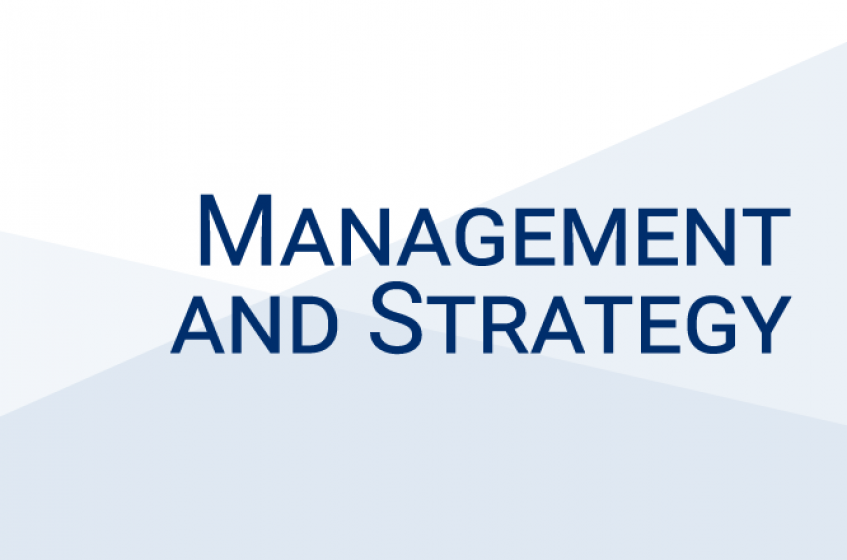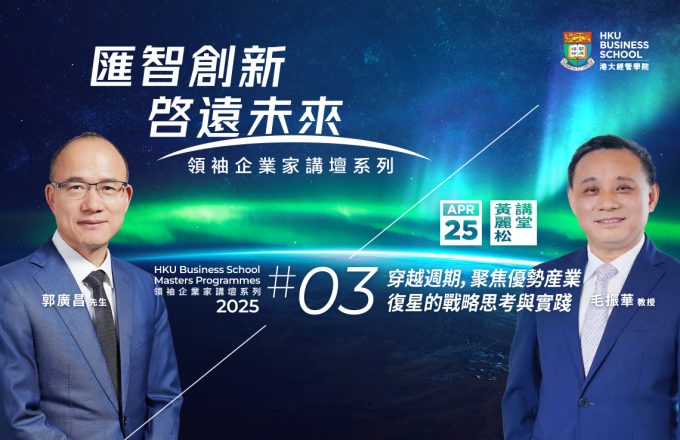
“Promotion Speed, Desire to Prove, and Risk Taking: A Study across Hierarchical Levels and cultures” by Dr. Zhi Huang
- Dr. Zhi Huang
Ashland Oil Endowed Associate Professor
Department of Management, University of Kentucky
This study builds on institutional theory to explore penalties and resulting reactions associated with being promoted at a rate that differs from institutional norms in organizations. We propose that individuals promoted to leadership positions either faster or slower than organizational norms are doubted and questioned by coworkers. These doubts lead coworkers to behave differently towards the promoted, resulting in the promoted seeing a need to prove oneself via engaging in bold risk-taking behaviors in the new position. We seek to establish this as a general phenomenon across different hierarchical levels and across cultures with 4 studies. In Study 1, we consider promotion to the CEO position and test our theory using two archival datasets from Chinese and US contexts. In Study 2, we extend beyond the top of the organizational hierarchy to consider promotion at different levels, and test our theory using a survey in a Chinese firms. In Study 3, to address identification issues, we conduct a vignette experiment with MTurk subjects. In Study 4, we conduct two vignette experiments (one using employees in four Chinese firms and the other using MTurk subjects to test whether coworkers as audiences indeed doubt and challenge norm-violating promotions. We conduct additional analyses to verify the premise of our theory (e.g., the existence of institutionalized norms regarding promotion time in organizations and test the scope condition of our theory (e.g., uncertainty about the promoted’ capabilities). Overall, our analyses show consistent support for our theory using different research methods across organizational levels and cultural contexts, suggesting that the practices of faster or slower promotion could have unintended consequences of different magnitude for organizations.







